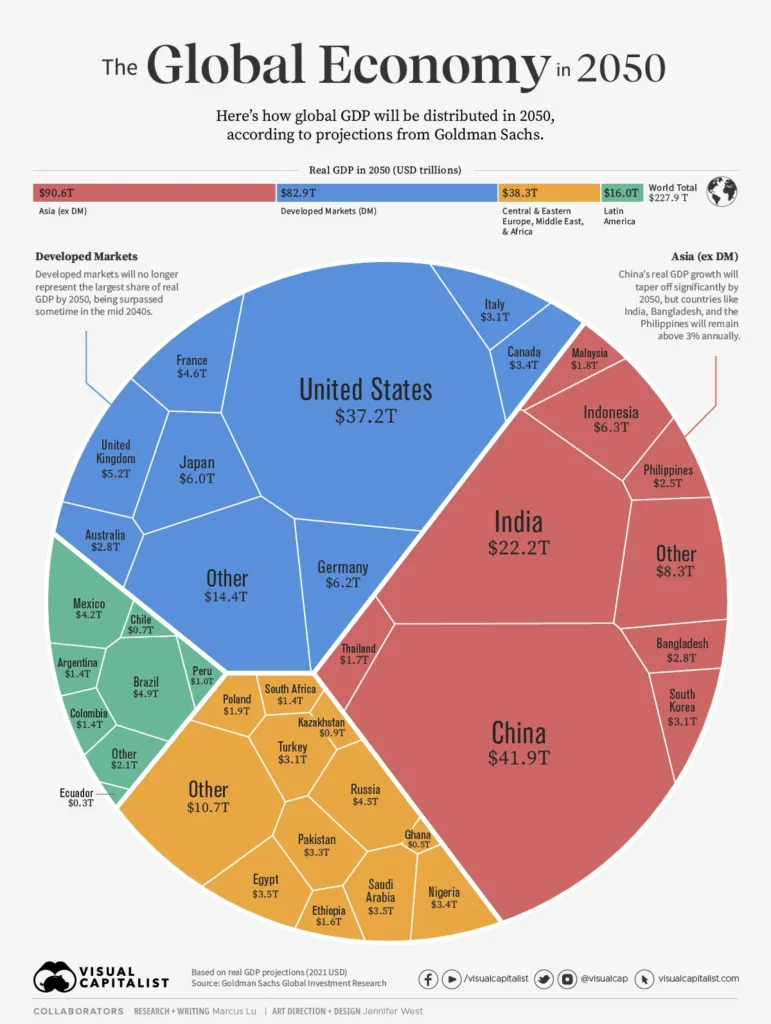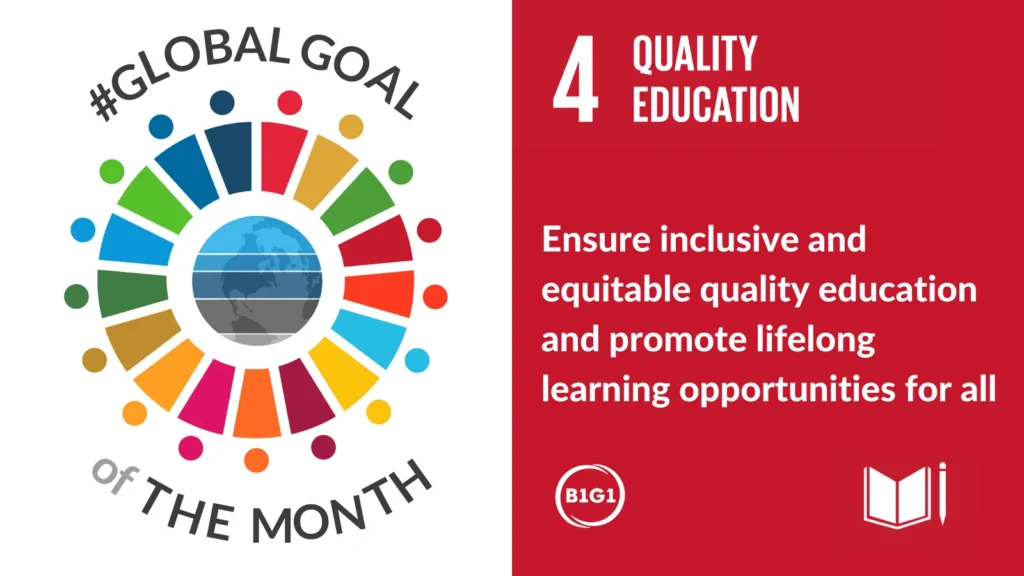The term Geopolitical Shifts: How Emerging Powers Are Redefining World Order encapsulates a transformative era in international relations. As traditional power dynamics evolve, nations such as China, India, and Brazil are stepping onto the global stage, challenging established norms and influencing economic, political, and cultural landscapes. This article delves into the intricate web of alliances, rivalries, and strategies that characterize this new world order, highlighting the significance of these emerging powers in shaping future geopolitical trends.
In the following sections, readers will gain insights into the factors driving these geopolitical shifts, including economic growth, technological advancements, and changing demographics. We will explore how these emerging powers are not only redefining their own national interests but also impacting global governance and international cooperation. Furthermore, we will analyze the implications of these shifts for established powers and the potential for conflict or collaboration in this evolving landscape.
Join us as we navigate through the complexities of modern geopolitics, uncovering the strategies and motivations behind the actions of emerging powers. Whether you are a student of international relations, a policy maker, or simply curious about the future of global affairs, this article promises to provide a comprehensive understanding of how emerging powers are reshaping the world order. Read on to discover the dynamics at play and what they mean for the future of our interconnected world.
The Rise of BRICS: A New Economic Bloc
The BRICS nations—Brazil, Russia, India, China, and South Africa—have emerged as a significant force in the global economy. This coalition represents over 40% of the world’s population and a substantial share of global GDP. The rise of BRICS signifies a shift from Western-dominated economic structures to a more multipolar world. As these nations collaborate on trade, investment, and development projects, they challenge the traditional economic hegemony of the West.
Moreover, BRICS countries are increasingly engaging in bilateral trade agreements that bypass the US dollar, promoting their currencies instead. This trend not only enhances their economic sovereignty but also reflects a broader desire to reshape the global financial system. The establishment of the New Development Bank (NDB) is a testament to their commitment to providing alternative financing options for infrastructure and sustainable development projects.
China’s Belt and Road Initiative: A Global Infrastructure Strategy
China’s Belt and Road Initiative (BRI) is one of the most ambitious infrastructure projects in history, aiming to enhance global trade and stimulate economic growth across Asia and beyond. By investing in roads, railways, and ports, China seeks to create a modern Silk Road that connects Asia with Europe and Africa. This initiative not only facilitates trade but also extends China’s influence in participating countries.
However, the BRI has faced criticism for creating debt dependency among smaller nations. Critics argue that while the initiative promises economic development, it may lead to geopolitical tensions and a loss of sovereignty for participating countries. As emerging powers like India and Russia respond to China’s growing influence, the BRI is reshaping the geopolitical landscape in profound ways.
The Role of India in a Multipolar World
India’s strategic positioning as a rising power is crucial in the context of a multipolar world. With its large population, growing economy, and military capabilities, India is increasingly asserting itself on the global stage. The country’s participation in various international forums, such as the G20 and the Quad, highlights its commitment to addressing global challenges, including climate change and security threats.
India’s foreign policy is characterized by a balance between cooperation and competition with other major powers, particularly China and the United States. As India strengthens its ties with Western nations while maintaining its relationships with Russia and other emerging economies, it plays a pivotal role in redefining the global order. This balancing act is essential for ensuring regional stability and promoting a multipolar world.
The Impact of Technology on Geopolitical Dynamics
Technological advancements are reshaping geopolitical dynamics in unprecedented ways. Emerging powers are leveraging technology to enhance their military capabilities, economic competitiveness, and soft power. Cybersecurity, artificial intelligence, and space exploration are areas where nations are vying for dominance, leading to a new kind of arms race.
Moreover, technology is facilitating new forms of diplomacy and international cooperation. Digital platforms enable countries to engage with each other in real-time, fostering collaboration on global issues. However, the digital divide between developed and developing nations poses challenges, as access to technology becomes a critical factor in determining a country’s influence on the world stage.
The Shift in Global Energy Dynamics
The global energy landscape is undergoing significant changes, driven by the rise of renewable energy sources and the increasing demand for energy security. Emerging powers, particularly in Asia, are investing heavily in renewable technologies, positioning themselves as leaders in the transition to a sustainable energy future. This shift not only impacts traditional energy markets but also influences geopolitical relationships.
As countries like India and China prioritize energy diversification, they are reducing their dependence on fossil fuels and seeking partnerships in renewable energy development. This transition presents both opportunities and challenges, as nations navigate the complexities of energy diplomacy and strive to balance economic growth with environmental sustainability.
The Role of Regional Organizations in Global Governance
Regional organizations, such as the African Union, ASEAN, and the Arab League, are playing an increasingly important role in global governance. These entities provide platforms for emerging powers to collaborate on regional issues, promote economic integration, and address security challenges. As these organizations gain influence, they contribute to the redefinition of the global order.
By fostering cooperation among member states, regional organizations can enhance collective bargaining power on the international stage. This shift towards regionalism reflects a growing recognition that many global challenges, such as climate change and terrorism, require coordinated responses that transcend national borders.
The Influence of Soft Power in Geopolitical Strategy
Soft power, the ability to influence others through attraction and persuasion rather than coercion, is becoming a critical component of geopolitical strategy for emerging powers. Countries like South Korea and Turkey are leveraging cultural diplomacy, education, and media to enhance their global standing and foster positive relationships with other nations.
As emerging powers invest in soft power initiatives, they are reshaping perceptions and narratives on the global stage. This approach not only complements traditional hard power strategies but also allows nations to build alliances and partnerships based on shared values and interests, further redefining the global order.
The Future of Global Governance: Challenges and Opportunities
The future of global governance is marked by both challenges and opportunities as emerging powers continue to redefine the world order. Issues such as climate change, pandemics, and geopolitical tensions require collaborative solutions that transcend national boundaries. Emerging powers must navigate these complexities while asserting their interests and influence.
As the international community grapples with these challenges, there is an opportunity for emerging powers to play a constructive role in shaping a more equitable and sustainable global governance framework. By fostering dialogue and cooperation, these nations can contribute to a more stable and prosperous world, ultimately redefining the dynamics of global power.
This HTML document provides a structured overview of the topic “Geopolitical Shifts: How Emerging Powers Are Redefining World Order,” with eight relevant subheadings and detailed explanations under each. Each section is designed to be informative and engaging, incorporating key concepts and trends in global geopolitics. Sure! Below is an informative summary in HTML format about “Geopolitical Shifts: How Emerging Powers Are Redefining World Order,” presented in a table format.
| Aspect | Description |
|---|---|
| Definition | Geopolitical shifts refer to the changes in power dynamics and influence among nations, particularly with the rise of emerging powers. |
| Emerging Powers | Countries such as China, India, Brazil, and others that are gaining economic and political influence on the global stage. |
| Impact on Global Order | Emerging powers are challenging the traditional dominance of Western countries, leading to a multipolar world where multiple nations hold significant power. |
| Economic Influence | Emerging economies are contributing to global GDP growth, reshaping trade patterns, and increasing their investments in infrastructure and technology. |
| Political Alliances | New alliances and partnerships are forming, such as BRICS, which includes Brazil, Russia, India, China, and South Africa, to promote mutual interests. |
| Challenges to the Status Quo | Emerging powers often challenge existing international norms and institutions, advocating for reforms to better represent their interests. |
| Future Outlook | The ongoing geopolitical shifts suggest a future where power is more distributed, leading to both opportunities and conflicts in international relations. |
This HTML code creates a simple webpage with a table summarizing key aspects of how emerging powers are redefining the world order. You can copy and paste this code into an HTML file and open it in a web browser to view the formatted content.




